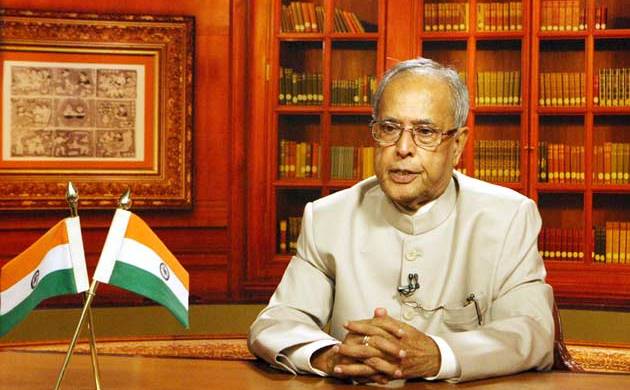On 31st March 2017, President Pranab Mukherjee gave his assent to the Finance Bill 2017. Thus, all financial and taxation related provisions as announced in Budget 2017 have now attained a legal status.
- Earlier, on 30th March 2017, Lok Sabha cleared Finance Bill, 2017 and rejected all five amendments recommended by Rajya Sabha. As the Finance Bill, 2017 was tabled in Parliament as Money Bill; Lok Sabha had full discretion with regards to its passage.
A word on advancing the Budget Presentation Date:
Breaking the tradition established since British era, this time Govt. presented Union Budget on 1st February instead of 28th February.
- Rationale cited for this move by Modi Govt. was to get authorisation for funds right at the start of the new financial year.

- Under earlier practice of presenting Union Budget on 28th February, the authorisation was received in mid-May, thus delaying the implementation of proposed programmes by 40-50 days. Moreover, as most of the taxation related provisions will take effect from 1st April itself, the corporate houses and other businesses too will have accounting convenience in tax treatment.
- Merging Railway Budget with Union Budget and doing away with Plan and Non-Plan expenditure segregation were other two conventional reforms brought in to this year’s Budget process.
Key Provisions of Finance Bill, 2017 that will come to effect from 1st April 2017:
- Limiting cash transactions to 2 lakh. This cap is at par with requirement to quote PAN number on cash spending. Violation of this rule will result in a penalty of equal amount, to be borne by the recipient.
- Biometric identifier Aadhaar has been made mandatory for filing income tax returns, effective from 1st July 2017.
- The Bill also amends Companies Act 2013, by permitting donations to electoral trust only by means of cheque, demand draft and electronic transfers, which should also be shown in Profit & Loss account.
Above three proposals are being considered as a tirade against black money.
With Finance Bill, 2017 becoming a law, following appellate tribunals will be dissolved and their functions will be allotted to other tribunal
| Appellate tribunal that will be dissolved | Tribunal that will take over the functions |
| Competition Appellate Tribunal | National Company Law Appellate Tribunal (NCLAT) |
| Airports Economic Regulatory Authority Appellate Tribunal | Telecom Disputes Settlement and Appellate Tribunal (TDSAT) |
| Cyber Appellate Tribunal | |
| Copyright Board | Intellectual Property Appellate Board |
| National Highways Tribunal | Airport Appellate Tribunal |
| Employees Provident Fund Appellate Tribunal | Industrial Tribunal. |
AffairsCloud Recommends Oliveboard Mock Test
AffairsCloud Ebook - Support Us to Grow
Govt Jobs by Category
Bank Jobs Notification






